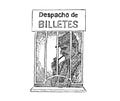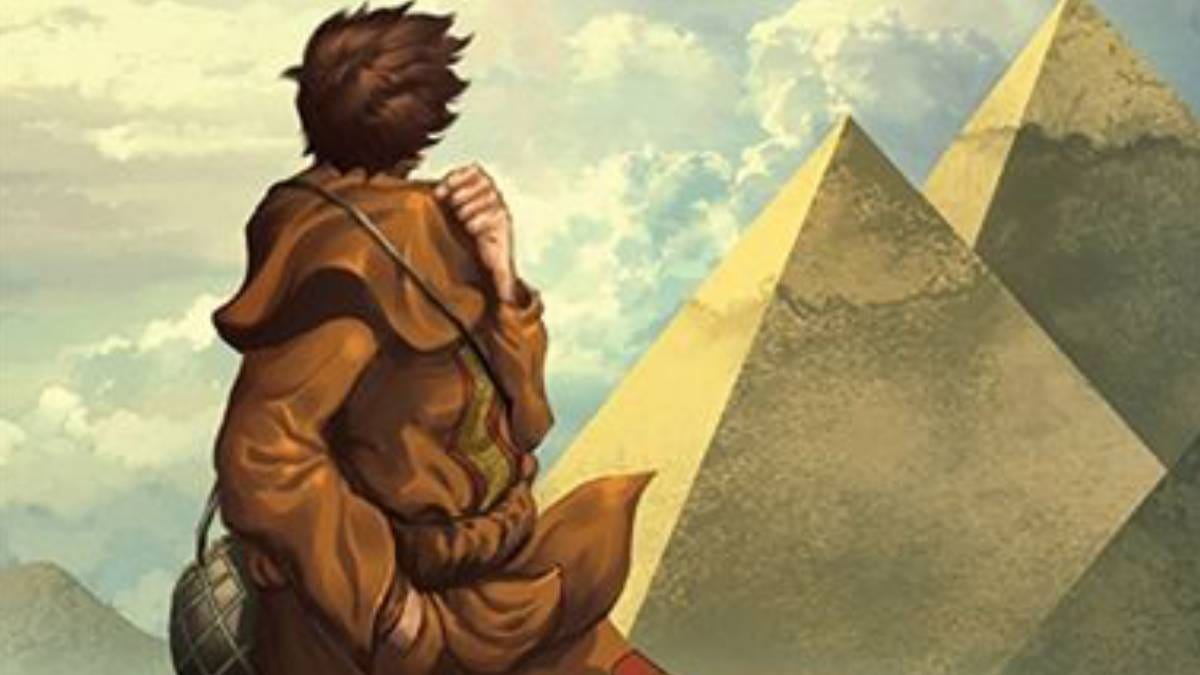It’s time to start reading The Alchemist! This is the first book of the month for the Fearless Journeys book club. You are not reading this alone, you are reading it together with our growing community — for no one takes a journey alone! If you missed my previous post about it, you can review that here.
These short weekly book club emails are to help you stay on pace. Of course, books are usually done on our own pace. However, I have found that once I pick up The Alchemist, it is hard to put down. And that may be why the author Paulo Coelho doesn’t really divide this book neatly into chapters, rather the book has a short Prologue & Foreword (both should be read!) and then the rest of the book is divided into Parts 1 & 2. You’ll also find little graphical asterisks separating mini-sections of the story. Those are sometimes nice places to pause. The whole book is 182 pages. If you read 5-10 pages a day, you’ll finish it by the end of the month. But I’m willing to bet you’ll read larger chunks at a time.
For this week, beginning July 1, you should be reading the Prologue & Forward of the book. And, then try to get through at least page 27 in the print edition. For those reading on an e-book, that is the section that ends right before this graphic:
As you’ll discover in the Foreword of the 25th anniversary edition of the book, the book itself was a journey and it was almost a failure. It took a long time for Paul Coelho, who is from Brazil, to sell any copies at all. He says, “I was living my own metaphor. A man sets out on a journey, dreaming of a beautiful or magical place, in pursuit of some unknown treasure. At the end of his journey, the man realizes the treasure was with him the entire time.”
This book is a treasure and I hope that it works the magic of helping you discover what treasure has been with (or within) you the entire time.
The Alchemist is currently the most translated book by any living author, and is widely considered one of the ten best books of the twentieth century (first published in 1988). Considering it took six months for him to sell a SECOND copy of the book, this is quite an amazing story in itself. The book has been read by people from all walks of life, including figures that include Bill Clinton, Rush Limbaugh, Madonna, and Will Smith, to name a few.
Those facts also give Coelho hope for a world filled with strife, conflict, and polarization. Is there anything that brings us together anymore? Maybe it is The Alchemist.
He adds in the foreword that this reminds him that “it is within our power to build a bridge to be crossed. Even if my neighbor doesn’t understand my religion or understand my politics, he can understand my story. If he can understand my story, then he’s never too far from me. It is always within my power to build a bridge.”
We all have a story. As you begin reading the story of Santiago, the Andalusian shepherd boy, I hope you’ll begin to understand that part of our story is that we are all on a journey. Everything you have done in life has given you experiences and has led you to this moment, but your story is far from over. Have you discovered your Personal Legend? Or are you somewhere where you feel stuck in place, not living your full potential?
NOTE: The rest of this post (below) contains some minor spoiler alerts. If you haven’t read the book, perhaps come back and finish reading this short email later. This is also good for anyone not sure if they are able to finish these pages in time. This will help you keep up!
For Santiago, he could have remained content doing something he did well: tending the flock of sheep. He knew how to read and when he met a young girl at the merchant’s shop, she questioned him, “I didn’t know shepherds knew how to read.” He goes on to tell her he learned to read “like everybody learns … in school.”
“Well, if you know how to read, why are you just a shepherd?”
Ouch. Have you ever felt like you could be doing more? Or are you content doing what you’re doing and take some comment like this as an insult? I don’t think the girl was trying to insult him. I think she was trying to understand why this person was not living out their potential.
While well educated, Santiago felt he was already living out his dream - he owned a jacket, a book he could trade for another, and a flock of sheep, and he could seek out a new road anytime he wanted to travel. However, the questions posed by the girl started to make him think about what else he could be doing.
It’s at this point that Santiago meets a Gypsy woman named Tarifa that interprets dreams. She tells him to go to Egyptian pyramids to find the treasure that he has dreamed about. She doesn’t charge him but she simply says if he does this, to bring her back one-tenth of the treasure. He is frustrated with her. While the Andalusian region he lives in is in the South of Spain, Egypt is still quite far. How would he even get there? Often times, we don’t know how to go from where we are to where we might want to go.
He then meets an old man, who describes himself as the ing of Salem and whose name is Melchizedek. He gives the boy a book and tells him that “it describes people’s inability to choose their own Personal Legends. And it ends up saying that everyone believes the world’s greatest lie.”
“What is the world’s greatest lie?,” asks the boy. "
“It is this: that at a certain point in our lives, we lose control of what’s happening to us, and our lives become controlled by fate. Thats’ the world’s greatest lie.”
Is your life being controlled by fate? Or do you think you are in control? Whether you’re sure about this or not, keep reading and we’ll soon find out what Santiago discovers. It will help us on our own path.




